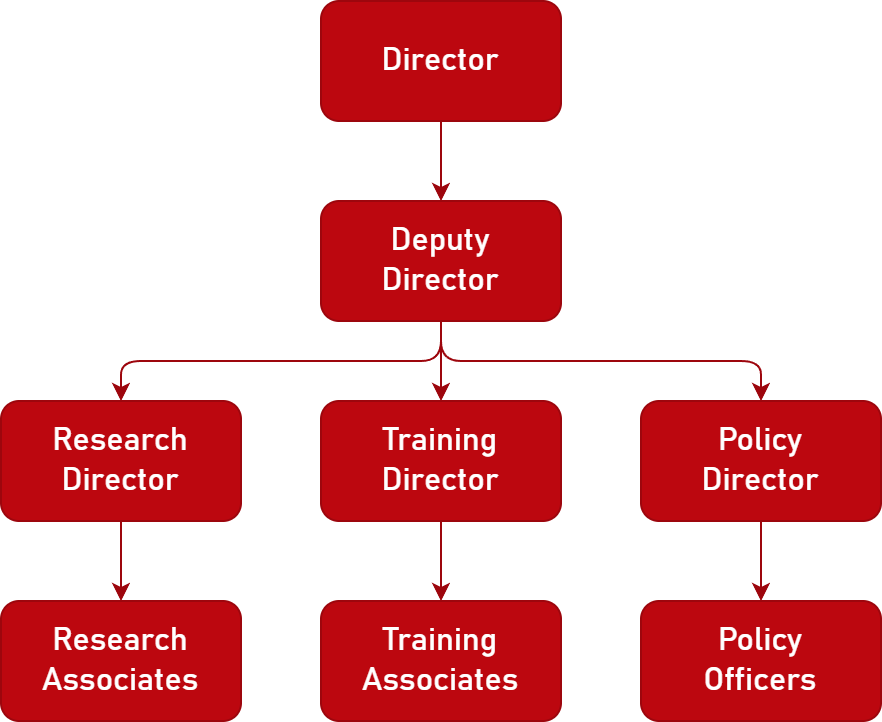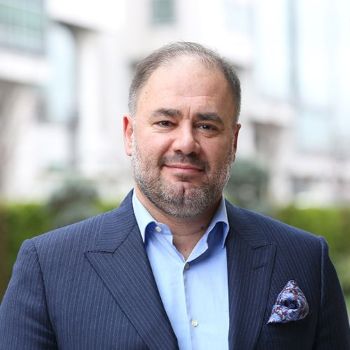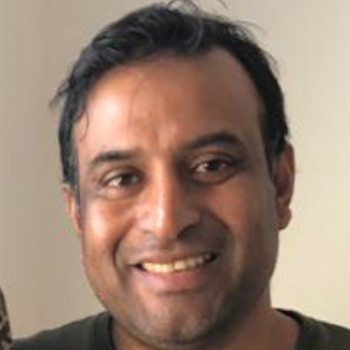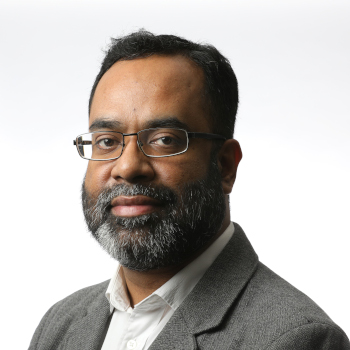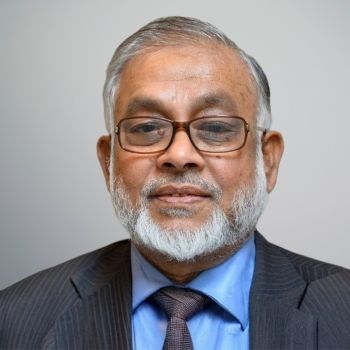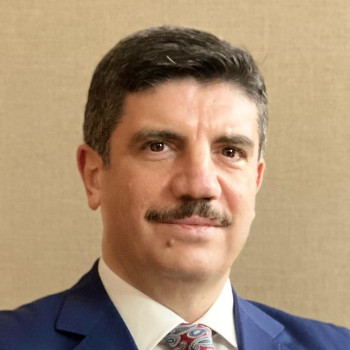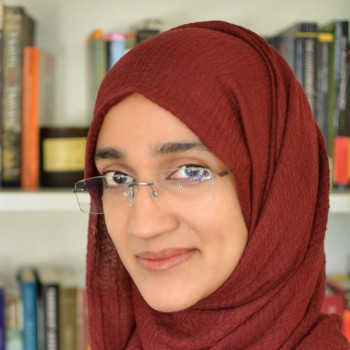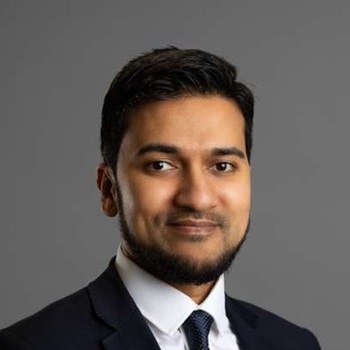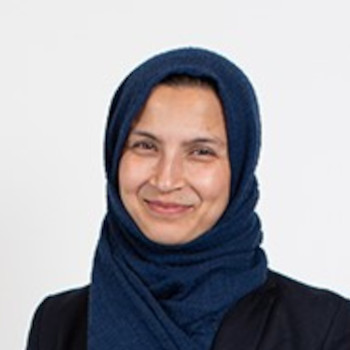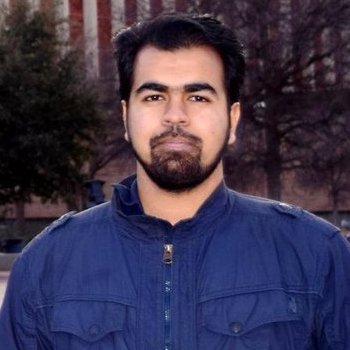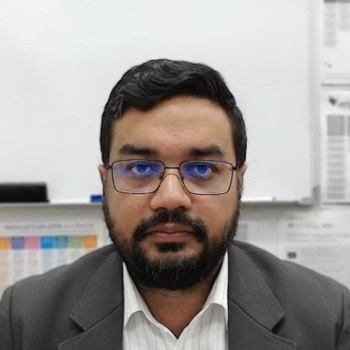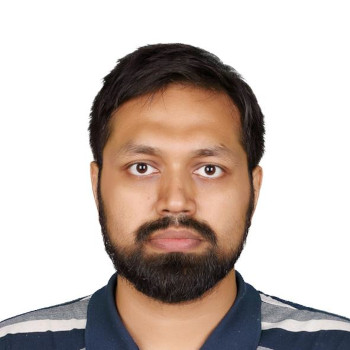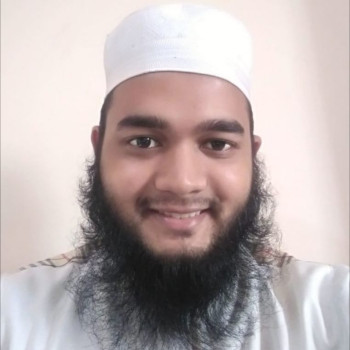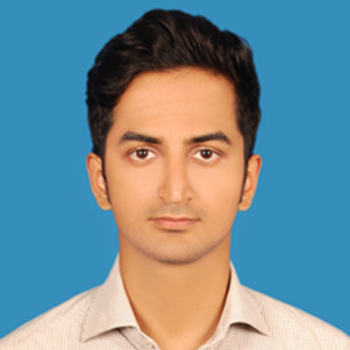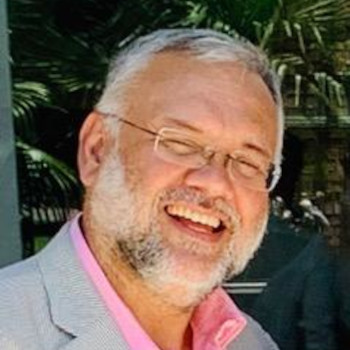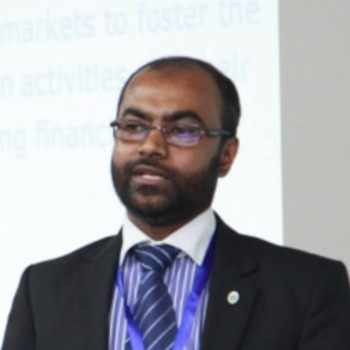Ebrahim Rasool is the founder of the World for All Foundation,
with a vision to create a just, sustainable and dignified
world for all, safe for difference and free of extremisms,
having completed a term as South Africa’s Ambassador to the
United States of America (2010 to 2015). This appointment was
the culmination of a distinguished record of Public Service.
Previously he served as a Member of Parliament in South
Africa’s National Assembly and Special Advisor to the State
President, Kgalema Mothlanthe. In addition to his work in the
World for All Foundation, he is an Associate of the Albright
Stonebridge Group, the business consultancy founded by
Secretary Madeline Albright, founder of OneAfrica.Org that
fights Afro-Phobia and advances African growth and cohesion,
and the Chairman of Western Province Professional Rugby.
Governance Experience:
However, he is more remembered as the Premier or Governor of
the Western Cape Province, a socially fragmented Province,
which he worked towards cohering with a vision of making it “A
Home for All.” This vision was underpinned with an economic
and social strategy (iKapa elihlumayo – the Cape that we grow
and share) that was instrumental in, amongst others,
attracting foreign investment into the Province worth R14
billion (approximately $1 billion), achieving the highest
provincial GDP growth rate of 5,8%, and making significant
strides towards achieving the Millennium Development Goals
(MDG’s) in education, health (especially in combatting HIV and
AIDS) and service delivery.
Ebrahim Rasool has built up extensive experience of Government
having politically led various Departments like Health,
Welfare, Finance and Economic Development in the capacity of
Provincial Minister, and excelled not only in the services
rendered by these departments, but in the thoughtful approach
he brought to the transformation and reform of them from
racially exclusive to integrated services, catering for all
people.
Awards:
For such contributions to South Africa, Ambassador Rasool has
been the recipient of a number of awards: “Social Services
Leader of the Year” Award (1995) from the African Investment
Group; “Visionary Leadership and Public Good” Award from the
World Congress of Muslim Philanthropists in 2008; “Commitment
and Leadership in the Fight Against Crime” from Business
Against Crime (2009); The 2005 London Financial Times “Foreign
Direct Investment (Africa) Personality of the Year” Award; The
“Nelson Mandela Award for Health and Human Rights” presented
to him by the Kaiser Family Foundation in 1998; “Indonesian
Diasporean of 2012” Award by the President of Indonesia; as
well as the Award for his Lifetime Commitment to Human Rights
by Shared Interest in New York, and Inaugural Presidential
Lifetime Achievement Award from the National Press Club in
Washington, DC.
The Anti-Apartheid Struggle:
He has a long history of involvement in the anti-apartheid
struggle starting at High School in 1976 and including
leadership in the United Democratic Front (UDF) and the
African National Congress (ANC). He was Provincial Leader of
the ANC and served on its National Executive Committee for 7
years. He has had to make sacrifices like spending time in
prison, where in 1987 at Pollsmoor Prison, he met Nelson
Mandela for the first time, as well as being placed under
restrictions and house arrest by the apartheid government.
Shaping Transition:
His social and political involvement has also been through
faith-driven movements. He was a founder of The Call of Islam,
an anti apartheid Muslim organisation that revolutionised the
way Muslims in South Africa thought about democracy, human
rights, gender equality, inclusivity, relationships with
people of other faiths, ideologies and cultures, as well as
provide new methodologies of struggle. He was also
instrumental in leading the Interfaith Movement, founded by
Archbishop Desmond Tutu, both in the anti apartheid struggle
and through the transition. He convened the National Muslim
Conference which defined the future of a Muslim minority in a
free and democratic South Africa, as well as two National
Interfaith Conferences to help shape the emergent South
African Constitution. These commitments were tested when, as a
political leader in Cape Town, he had to confront extremist
Muslim forces who were terrorising the community and
threatened his life. In this he pioneered innovative ways to
confront extremism.
The World for All Foundation:
Founder of the World for All Foundation, Ambassador Rasool is
active in rethinking the intellectual tools for co-operative
relations between faiths, cultures and communities at a global
level, and establishing dignity, inclusion and equity for
those marginalised and excluded. The World for All is
especially active among Muslim Minority communities to try and
transfer the lessons from South Africa, and increasingly is
acting as a conduit for lessons from the example of Nelson
Mandela to the Muslim heartlands in need of freedom, democracy
and human rights, through a reinterpretation of Muslim
theology.
During the Arab Uprisings Ebrahim Rasool was part of a small
team of Muslim intellectuals engaged in discussions with
constitution writers from countries like Morocco, Tunisia,
Egypt and others, and his contribution was regarded as that of
a political practitioner who had implemented a seamless
relationship between Islam and living democratically, with
human rights and in freedom. In 2013 he convened a Muslim
Minority Leaders’ Colloquium in Paris, drawing together
delegates from 22 countries under the Banner: “Living Where We
Don’t Make the Rules” and trying to find formulae for
co-existince in shared spaces for Muslim minorities.
The Public Space:
Ebrahim Rasool is regularly requested to speak at Conferences
and Conventions, seminars and public meetings. His Governance,
Political and Intellectual experience is the basis for keynote
addresses, commencement speeches, panel discussions and
lectures he is required to deliver. In 2014 alone, he
delivered the 20th Annual Hesburgh Lecture at the University
of Notre Dame, the Commencement Address at Roosevelt
University, Panel Remarks at the Faith In Action Breakfast to
open the US-Africa Leaders’ Summit convened by President
Obama, the Keynote Address at the British Muslim Council AGM
in London, the Strategy Presentation for the African Growth
and Opportunities Act Retreat, presenting Africa’s Energy
needs at the US-Africa Energy Ministerial Meeting in Addis
Ababa, among many others. He is often asked to engage with
various groups like The Carter Center.
He also writes regularly, having recently contributed a
chapter to a forthcoming book on the Afro-Arab Renaissance
titled “the Pharoah Returns – the ‘Politics of Order and the
Muslim Yearning for Freedom.” He edited a book, Living Where
We Don’t Make the Rules – A Guide for Muslim Minorities, which
is currently being published. He has recently started on a
book that consolidates some of the speeches he has made over
the last 10 years. In the course of his extensive public life,
he has been a regular feature in the public media. He has been
called upon by media such as CNN, Al Jazeera, BBC, Fox, MSNBC,
CGTN and others to comment on a variety of matters. He is a
regular feature on the African World, SABC and other
electronic and print media.
Academic:
Ebrahim Rasool studied at the University of Cape Town where he
received a Bachelor of Arts Degree in English Literature and
Economic History, and a Higher Diploma in Education. In 2014,
he was awarded an Honorary Doctorate of Humane Letters,
Honoris Causa, by the Roosevelt University in Chicago, USA,
and the Doctorate of Public Service, Honoris Causa from
Chatham University in Pittsburgh, PA. He is a Senior Fellow at
both Georgetown and Rutgers Universities in the USA, and a
Council Member-designate at the University of the Western
Cape.



